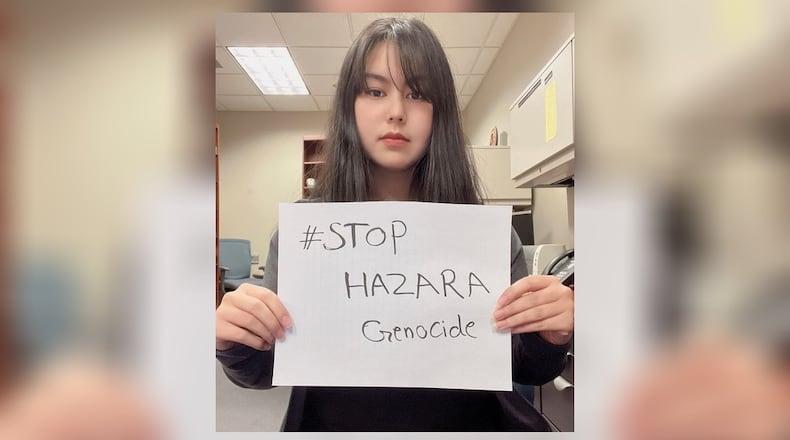Afghanistan is a multi-ethnic and multi-lingual nation, but only the Pashtun ethnicity has ruled the country throughout kingdoms and presidencies. Pashtun nationalism is against the very essence of democracy because it excludes other major ethnicities from high-ranking government positions and critical decision-making processes.
For more than a century, the Hazaras have experienced massacres, targeted killings, slavery, land grabbing, unwarranted taxes, forced displacements, looting, pillaging of homes and discrimination which have systematically excluded them from the government, economic opportunities and social dynamics. It started from late 1890s when the king of that time massacred 62% of the Hazaras in Afghanistan. The UN documented 20 incidents targeting Hazara civilians in the first six months of 2021, which killed 143 and injured more than 300 people. In May of 2020, gunmen killed 24 people, including women and babies, at a maternity hospital within a predominantly Hazara community. One year later, bombings killed nearly 80 Hazara schoolgirls, and in July of 2021, the Taliban massacred nine Hazara men in Malistan district. On Sept. 30, 2022, a suicide bomber attacked an educational institute and killed 56 students and injured 110 more. Most of the students killed were girls. Statically speaking, a Hazara has been killed every five days in Afghanistan for the past two decades according to the Four Rivers Journal. According to some lawyers, these atrocities constitute genocide.
The Hazara community is experiencing increasing and widespread attacks alongside a history of persecution, necessitating an immediate response by the US government and international community. The families of the victims of the attacks opened a case in International Criminal Court. This is an ongoing trial which will force the UN to recognize the genocide and take action to protect Hazaras in Afghanistan.
Hazaras need people to spread the word about their ongoing persecution. To help, you can write to your congressmen to advocate for us, donate to the families of the victims through bmfoundation.org.au and spread the word with the #StopHazaraGenocide on social media. You can read about their struggles online via linktr.ee/stophazaragenocide.
Selin Hussainzada is a Hazara refugee, librarian at University of Dayton School of Law, LL. B. graduate, and an advocate for Hazaras.
About the Author
